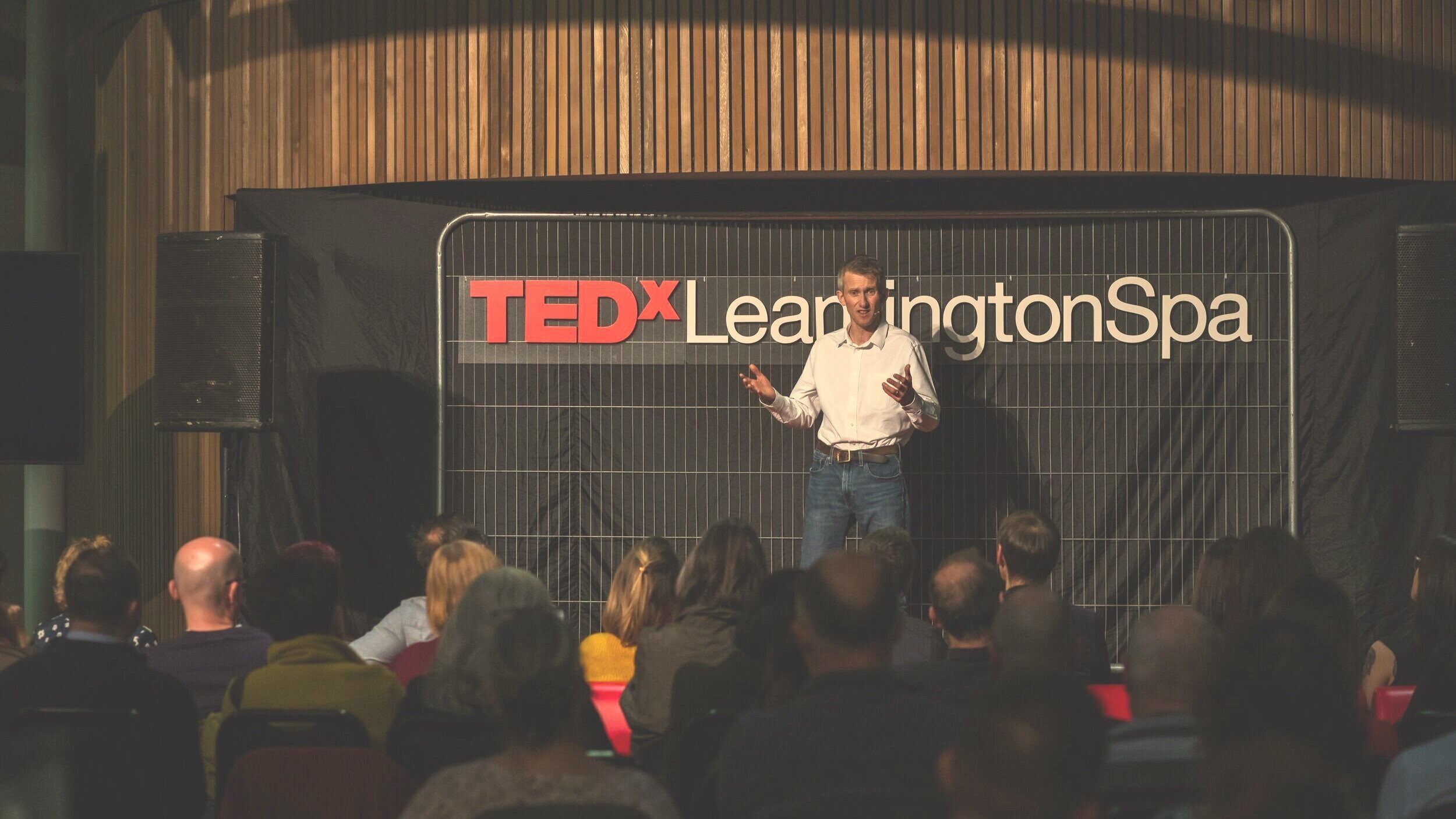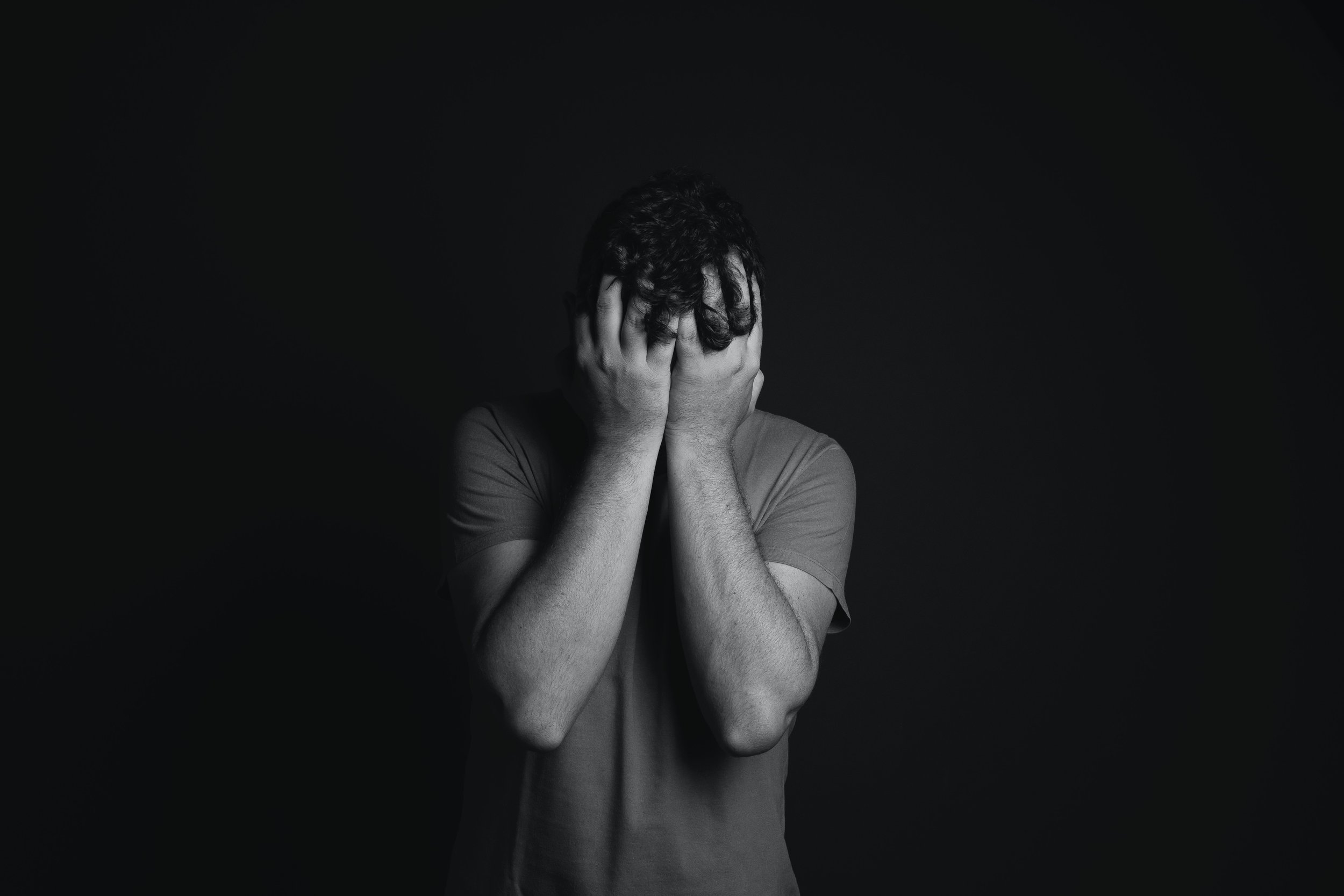
Men’s Mental Health

Men Under Pressure
Why our challenges are complex, not toxic and how to solve them
Over 70% of homeless people, globally are men.
More than 90% of people in prison, globally are men.
Globally, men’s life expectancy is five years less than women.
Globally, more than twice as many men die by suicide each year than women.
If we're serious about addressing men's mental health, we need to move beyond well-trodden assumptions that men don't naturally talk, or that men are the architects of their own problems.
If we’re serious about addressing men’s mental health, we need to accept that we can speak up for women’s equality and men’s wellbeing at the same time. The latter does not contradict the former.
If we’re serious about addressing men’s mental health, we need to ask better questions so we can safeguard the mental wellbeing of our sons, brothers, dads, uncles, male friends, husbands and partners.
In this talk, we will answer 3 questions:
1) Are men struggling?
2) Why are men struggling?
3) How do we help?
We’ll explore:
The testosterone crisis: why it’s so important for male physical and mental health, why levels of testosterone are dropping globally (and across all age groups) and how we reverse the decline.
Toxic Masculinity: as a phrase, is this a wall builder or bridge builder? And if it’s a wall builder, how do we create a positive narrative which calls men in?
How do we redefine the stereotypical man code, so it’s fit for the 21st century?
Psychological safety: we know it’s the magic ingredient behind the best performing teams of people, but why is it so important for men to grasp as a concept? And how do you create it in a busy working environment?
Gender bias: what is it? How do media, politics and wider society perpetuate gendered stereotypes? And why is this bad news for everyone?
Allyship: how do we become effective allies for each other? (understanding that allyship is a cross cultural and cross gender term)
Men’s communities: are they a return to the old boys network? Or are they an important, safe space where men can find community? What can we learn from the explosion of varied men’s communities to have emerged in the last 10-15 years? And how do you build a thriving men’s community in the workplace?
Fatherhood: how do we become more present as fathers? And how do we support father’s whose wellbeing may be at particular risk? From new dads to dads who no longer live with their children, to dads caught in family court warfare as victims of Parental Alienation, and also the men who are childless (not by choice). These different groups of men face different fatherhood related challenges.
